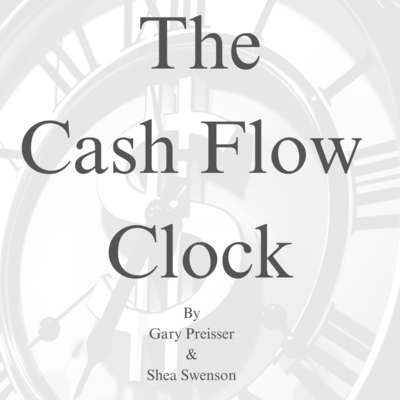The Cash Flow Clock: For Retirees - Book - Page 17

The Cash Flow Clock
This is not what the manager wants to do. In fact, it is the exact opposite of
what they want to do. They want to sell when the market is high and buy
when the market is low. But they can’t do that because of the cash flow
requirements of the fund. This limitation is part of the reason why nearly all
mutual funds underperform their benchmarks.
Exchange Traded Funds
Exchange-traded funds (ETFs) are pooled investment securities that can be
bought and sold like an individual stock. ETFs can be structured to track
anything from the price of a commodity to a large and diverse collection of
securities.
ETFs offer similar diversification as mutual funds but with lower fees. They
can be traded throughout the market day, while mutual funds only trade at
the end of each trading day. ETFs that follow benchmarks (S&P 500,
NASDAQ, Dow Jones, etc.) do not have the same underperformance issues
as mutual funds because they are not affected by cash flow requirements in
the same way. Their performance is tied directly to the performance of the
index.
Bonds
Bonds are securities where the issuer borrows funds from investors for a
defined period, paying interest (coupons) periodically and returning the
principal amount at maturity.
Some may argue that bonds should be considered Safe Money and relied on
for income. That is why the term fixed income is sometimes used
interchangeably with bonds. Bonds can be used for fixed income, but only if
they are utilized properly.
Bonds are debt. Bond holders have loaned money to a government, a city, or
a corporation. The loan is typically at a fixed interest rate for a fixed
number of years and is repaid over that time period. The only risk that the
bond won’t be repaid is if the government or corporation runs out of money
or goes out of business. So, what is the problem?
Most investors don’t hold individual bonds. They hold bond funds, usually
inside of mutual funds. In addition to the issues we have already discussed
related to mutual funds, bond funds are greatly affected by interest rates.
13